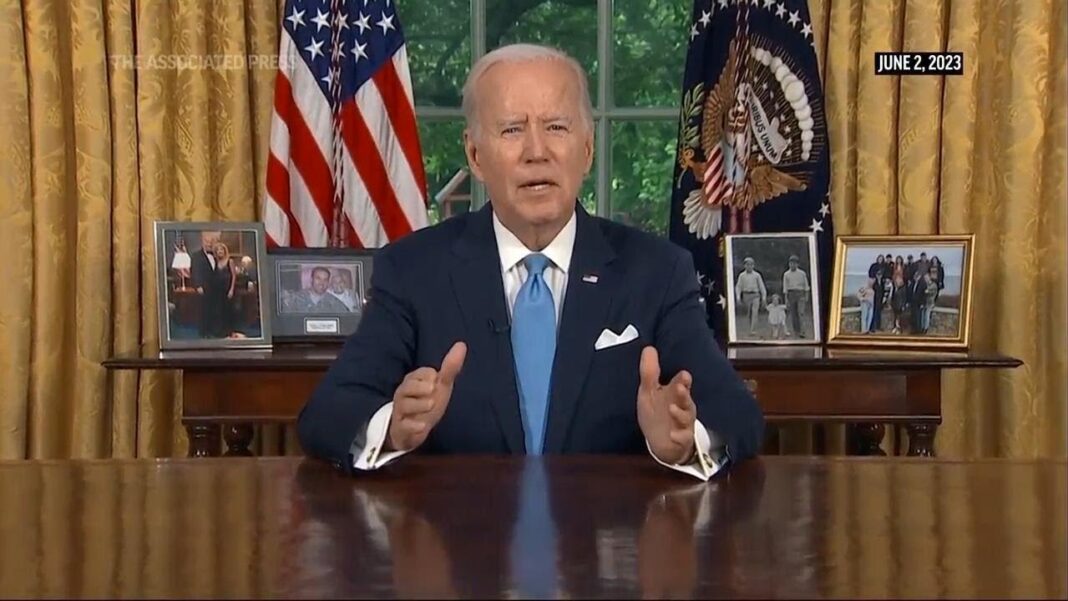Even some GOP supporters of the efforts’ four priorities — Ukraine, Israel, Taiwan and the Southern border — are uncharacteristically pessimistic.
President Joe Biden’s $106 billion national security request is in big trouble on Capitol Hill.
Even before it hits the leaderless House, Senate GOP divisions are threatening to sink the proposal — or dramatically reshape it. Republicans are split over whether to link Israel and Ukraine aid, with many also pushing for big border policy changes and blanching at the price tag.
Even some GOP supporters of the efforts’ four priorities — Ukraine, Israel, Taiwan and the Southern border — are uncharacteristically pessimistic after the party’s first discussion about the legislation at Tuesday’s lunch.
“The package that the White House sent over really is dead,” said Sen. Mike Rounds (R-S.D.). “The appropriators in the Senate can begin by basically starting over.”
Democrats hold the keys to the Senate, but they’ll need nine or more Republican votes to get anything through the chamber. Minority Leader Mitch McConnell stumped over the weekend for a generous aid package but said his members have “passion” for stronger border security: “And we’re going to make other changes as well.”
The Senate Appropriations Committee will hold a hearing on the request in a week, and Majority Leader Chuck Schumer wants to move urgently. But the Nov. 17 government funding deadline and a leaderless House create a time crunch for the Senate.
There’s also little clarity into what the Senate’s 60-vote threshold can bear. Beyond the specifics of the $106 billion supplemental bill, Republicans are debating the philosophical concept of marrying Israel aid with the ongoing funding for Ukraine’s defense.
Sending Ukraine more aid is still divisive in the GOP, and some Republicans want the Senate to consider Israel aid on its own.
“They should be separated out,” Sen. Marco Rubio (R-Fla.) said Tuesday. “The Israel component has almost overwhelming support, and we can get there very quickly. I just think, tactically, it’s just a better approach.”
By Burgess Everett and Ursula Perano








